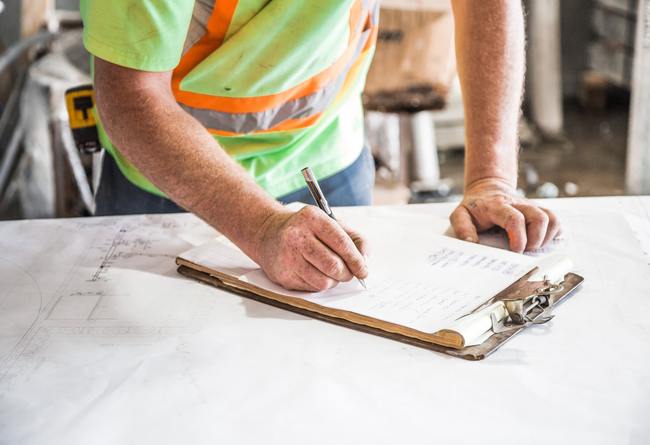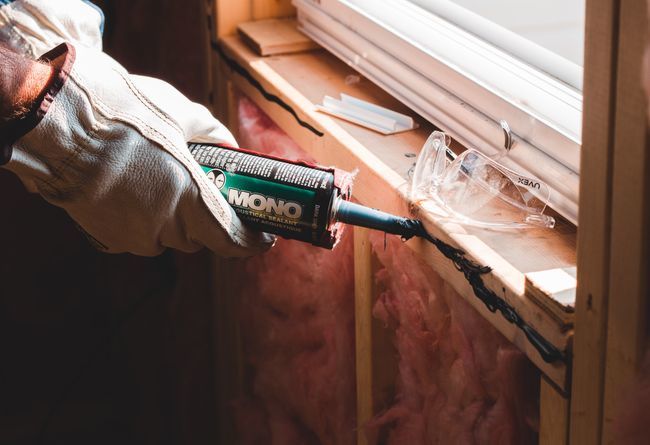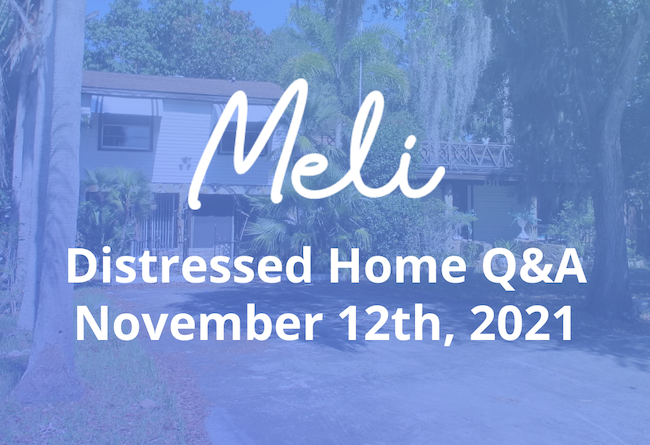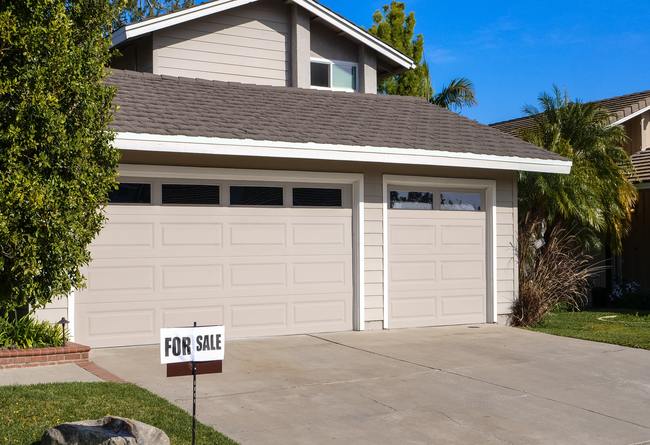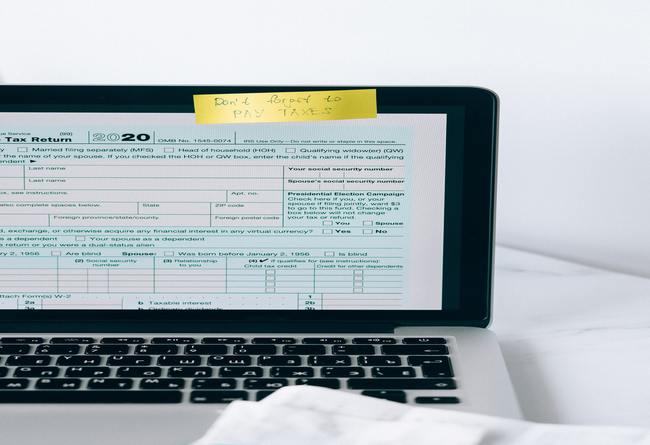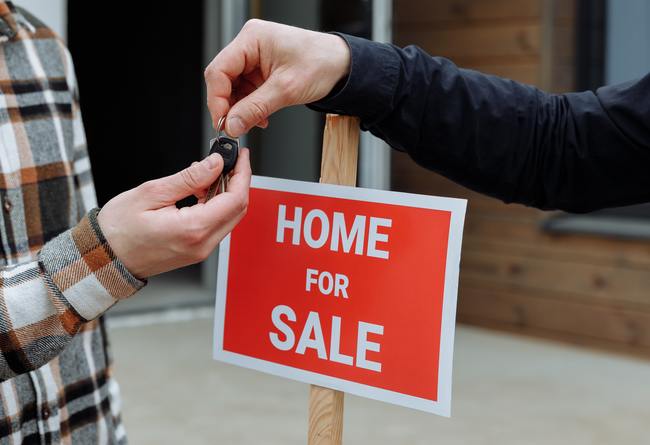Title issues with your home can occur due to unpaid debts or property line disputes. Issues often occur with foreclosed homes and small mistakes made in public records. You can also have a defective title if your property is stuck in probate due to a previous owner’s death.
A defective title, also known as a cloud on title, complicates the sale of your property. Any issues have to be paid or resolved before the sale of your home or property can be finalized. Learn about the most common title issues in Florida and how to resolve title issues so you can sell your home fast.
Perform a Title Search
When you’ve been told your property has a title issue, the first step is to perform a title search. Title searches are complicated, so you shouldn’t attempt to handle them by yourself. A real estate attorney or title agency can perform a title search for you. They search through public records and let you know if there are any issues with your property’s title.
The title search identifies the property’s legal owner and reveals any claims or liens that must be resolved to clear your title. A clear title is necessary for you to sell your property.
Common Title Issues
There are several reasons your property may have a defective title. Learn what they are and how to resolve title issues.
- Unreleased Liens
Any unpaid or unreleased liens on a property cause title issues. Courts grant property liens to creditors when a person doesn’t pay the debt they owe. These creditors have a claim over the property, and the debtor must pay the liens to clear the title.
There are three main types of liens. Tax liens occur when a property owner owes taxes of any kind to the IRS, including local property taxes. The seller has to pay all of the back taxes owed before or at the closing of the property.
Tax liens can be placed by local, state, or federal agencies. Judgment liens happen if a court awards a creditor monetary damages in a lawsuit.
Mortgage liens are also common in causing title issues. A mortgage lender, like a bank, may use a lien on your property as collateral for a deed of trust or mortgage. Even if you’ve paid your mortgage, the lien will exist until the lender records payment and files a release of the lien.
- Errors in Public Records
Mistakes happen, and any incorrect or missing documentation can cause a defect in your title. It could be as simple as a spelling or clerical error or a more complicated fraudulent case. If a title search reveals no results, it could be due to missing documentation or paperwork being filed incorrectly.
Any errors can be fixed by filing a corrective deed. While these errors aren’t your fault, they are costly to fix, and it complicates the sale of your property.

- Probate or Ownership Issues
This problem occurs when the property seller does not have their name on the deed and is not considered the rightful owner. This can happen in cases of fraud, but it also occurs by mistake with legitimate sellers.
When a property is awarded to heirs in wills or estates, all heirs must sign the deed. If an heir takes possession of the property without signing the deed, there will be title issues when they sell the property in the future.
Ownership issues also happen during divorces. If one spouse keeps the home in a divorce and doesn’t change the deed documents, both could still be listed as owners when it’s time to sell.
- Property Line Issues
Changes in property boundaries, easements, and right-of-way issues can cause defects in the title. It’s a good idea to have your property surveyed to check for any title problems so you can manage them before listing.
How to Resolve Title Issues
If your title search reveals an issue, it will need to be resolved before you can sign closing paperwork. You may need to hire a title company or a real estate attorney to help clear your title issues. After they identify the title defects, they’ll work with you to resolve the problem. An attorney can file documents to correct errors and represent you if there are boundary or ownership disputes.
You can also search for title issues through your local county recorder office in Florida. Any taxes or liens must be paid in full to clear your title for sale. The lienholder must acknowledge full payment and cancel their lien before the property is closed. Mortgage liens are an exception, as they are paid through the sale of the property and canceled after the closing.
Ownership and deed issues need to be fixed before the property is sold. Any errors must be corrected and filed in a corrective deed. Once your title is clear, the sale of the property can move forward.

Quiet Title Action
If you can’t find information or the title is still disputed, you may have to file a quiet title action. This is a lawsuit that lets the court decide who the rightful property owner is. The court will review all documentation and the facts of your case to reach their ruling.
Work with a Home Buyer Like Meli
If you are facing title issues or liens, you can sell your home as a distressed property. What is a distressed property? Any property that is damaged, has code violations, lien or title issues, or is facing foreclosure can be considered distressed property. It does not have to be in disrepair to qualify.
The last thing you want is an expensive, time-consuming process to clear your property’s title issues. Meli Homes is a company that buys distressed properties in the Orlando area, and we can examine your property, often making an offer the same day. If we don’t buy your home, we can offer a consultation to help you list and sell, bypassing the traditional real estate process.
You won’t have to resolve your title issues before selling or listing with Meli. We can close on your property in 30 days or less for a quick turnaround that gets you paid when you need it most. Request a consultation with Meli today.
Image Credits
https://www.pexels.com/photo/white-and-brown-concrete-bungalow-under-clear-blue-sky-210617/
https://www.pexels.com/photo/judge-signing-on-the-papers-6077447/
https://www.pexels.com/photo/woman-desk-office-writing-8293647/


